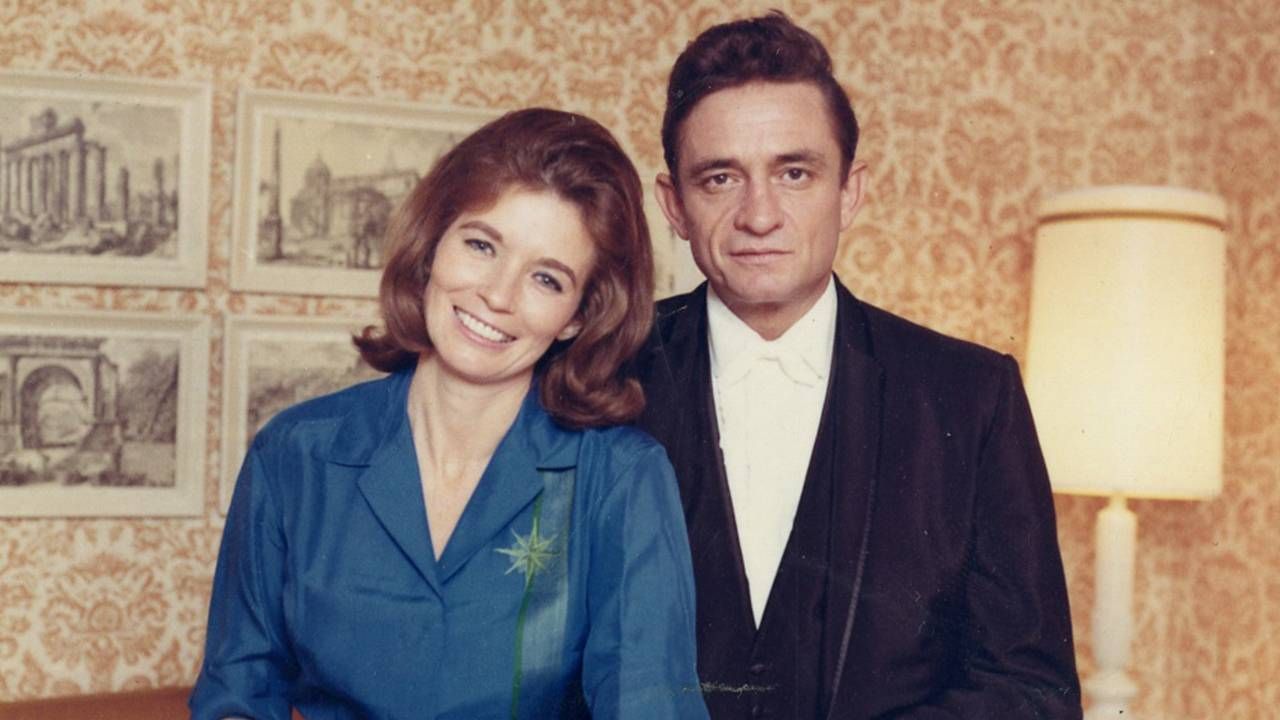Broken Heart Syndrome: Illness After Loss
Research shows a widow's or widower's grief can have big effects on physical health
Much ink has been spilled about George H.W. Bush becoming seriously ill after the death of his wife of 73 years, Barbara. Similarly, the father of fashion designer Kate Spade died a day before her funeral recently. Former British Prime Minister James Callaghan died of pneumonia at 92 in 1995, just 10 days after Audrey, his wife of 67 years, according to The Telegraph. Musician Johnny Cash died in 2003 four months after the death of his 73-year-old wife, June.

We could list many others, because anecdotes abound about couples married for over 50 years who end up dying within hours, days or weeks of each other — even if one spouse was relatively healthy when the first one died; the same is true for parents.
Is it possible that grief is implicated in illness and a higher risk of death?
"There are a lot of anecdotes about couples who were married for forty years when one of them passes away and the other dies a few days later."
Actually, yes. Grief suppresses the immune system, making it more likely for grieving people to get sick — ranging from a mild illness like a cold to something potentially life-threatening, such as a serious infection.
It can also result in takotsubo cardiomyopathy, a condition we colloquially call "broken heart syndrome," in which extreme stress causes part of the heart to temporarily enlarge and fail to pump well.
In 2002, a team of researchers coined the term "psychoneuroimmunology" to describe how psychological trauma can have a serious effect on one's immunity.
Broken Heart Syndrome or The ‘Widowhood Effect’
For decades, scientific studies have demonstrated a strong correlation between bereavement and a distinct reduction in the immune system.
In 1995, researchers demonstrated what has since become known as the "widowhood effect," in which widowed spouses are more likely to die after losing their partner. A 2012 study of widowed people born between 1910 and 1930 found that widowed men have a 30 percent increase in mortality over their expected rates after a wife dies.
Janet Lord, who led a British study on the topic, told The Telegraph, "There are a lot of anecdotes about couples who were married for forty years when one of them passes away and then the other dies a few days later. It seems there is a biological basis for this. Rather than dying of a broken heart, however, they are dying of a broken immune system. They usually get infections."
Combine this information with the fact that grief is a painful and difficult process, and some widowed spouses, especially those who were married for decades and are already sick themselves, lose the strong will to live that kept them going when their partner was alive.
7 Ways to Help Grieving Widows and Widowers
Here are seven suggestions on how you can help friends and family who are recently widowed:
- Let them know it’s not a good idea to suppress tears and emotion. Suppressing grief can result in clinical depression. Besides, tears are a sign of love. They wouldn’t cry if they lost a trinket; it’s only because they lost a treasure. It is normal and healthy to feel that loss deeply.
- Help them find a support group or a counselor. This person can reassure them that their grief is normal and assist them in processing it healthily, without getting overwhelmed or stuck.
- Give them a good book about grief. It can provide valid information about what they are experiencing.
- Remind them of all they still have to live for. That could include friends, children and/or grandchildren, creating a legacy that honors the spouse (which may include achieving goals they held as a couple) and doing things they always wanted to do but didn’t have the opportunity when the spouse was alive. A good phrase to use: The greatest memorial they can build to their spouse is to live life now as fully as possible, enriched by their memories.
- At the same time, encourage them to tell the stories of, and remember, their spouse. Too many others expect them to “put it behind them” and move on. But forgetting is not the point of healing. You heal by remembering, processing the emotions and going forward into the future with the memories and lessons intact. Don’t be afraid to say the name of the deceased spouse and help keep their memories alive.
- Encourage healthy eating, adequate water consumption and good sleep. These are three crucial factors in protecting immune systems. Recommend that they talk to their doctors if they temporarily need medical help to get good sleep or if they’d like the help of a nutritionist to figure out a healthy eating plan as a single person.
- Ask about the things that have brought comfort in the past. Perhaps it is a soak in a hot tub, a walk through a forest preserve or along a beach, bird-watching, listening to music or getting a massage. Encourage them to regularly schedule those activities into their lives so they get moments of respite and renewal of their spirits.
While there are no guarantees that you can help widow and widowers regain health and happiness, these steps ensure you are doing everything you can to support them as they struggle to build a new future that is still well worth living.
Read More

